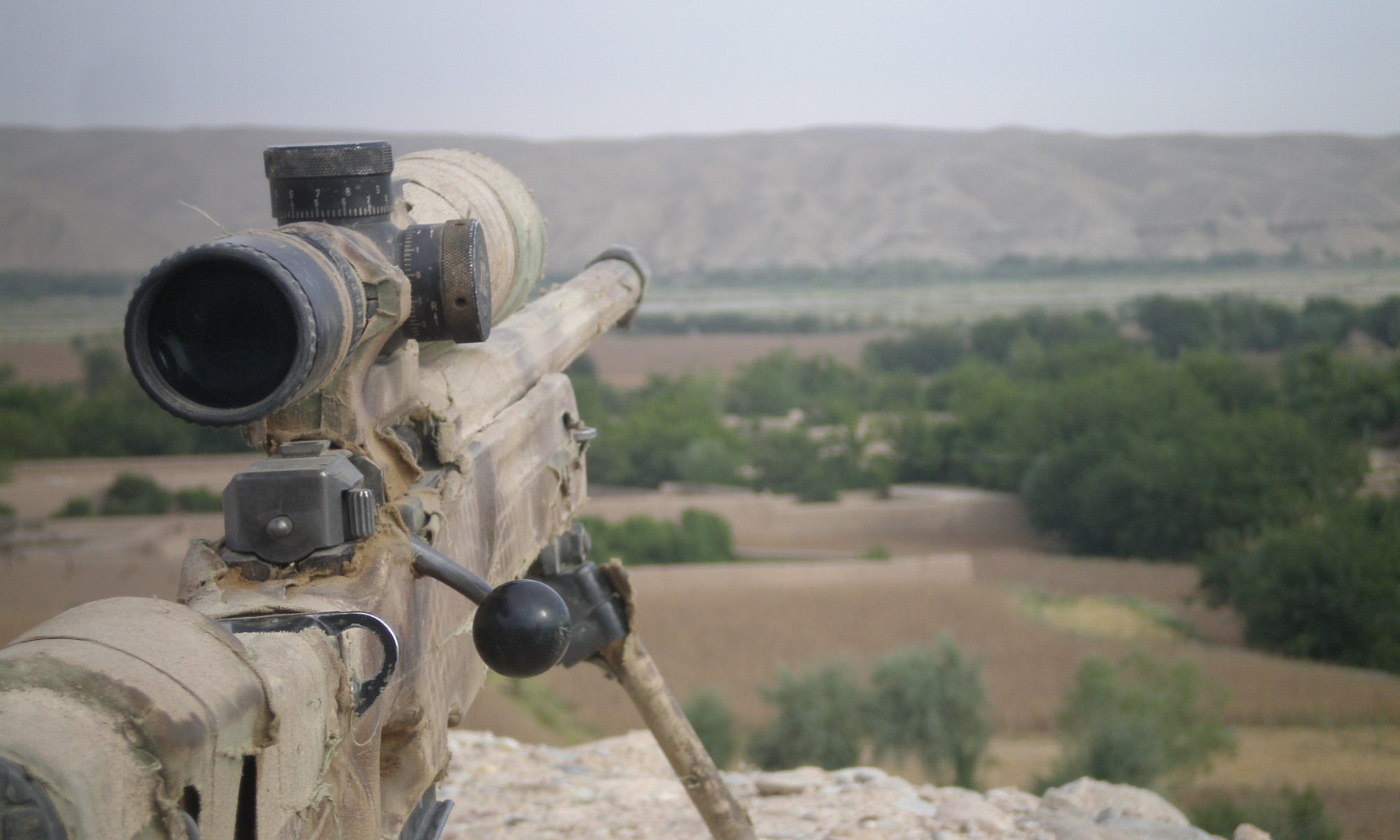‘Great strategies, like great works of art or great scientific discoveries, call for technical mastery in the working out but originate in insights that are beyond the reach of conscious analysis’ (Kenichi Ohmae, The Mind of the Strategist, p. 4)
‘[A commander] can comprehend the complexity of a situation in ways that defy the visual and audible’ (General Stanley McChrystal, Team of Teams)
Great leaders in the fields of military and business share many things (as this blog will continue to investigate…), and of particular importance is the ability to have a developed instinct that they trust and are comfortable exploiting. The quotations above, although relating to business and military strategy respectively, are interchangeable between the disciplines.
The military put a lot of stock into their ability to intuitively read the battlefield. Malcolm Gladwell’s ‘Thin-slicing’, Daniel Kahneman’s ‘system one’ analysis, ishin-denshin, Clausewitz’s fingerspitzengefühl, and Napoleon’s coup d’oeil are recognised and accepted concepts. Commanders exploit their intuition and move themselves around the battlefield to best get a feel for it; in Vietnam General Westmoreland would go forward to subordinate HQs to get ‘the feel of the situation’; General Zhukov placed himself in the command trench of his subordinate, General Chuikov, during the Soviet advance onto the Seelow Heights in April 1945; Field-Marshall Slim estimated that he spent a third of his time visiting subordinate units (although this was also driven by his love for his men and his modest understanding that his presence raised morale); and Major-General Maurice Rose risked and lost his life by pushing forward during 3rd US Armored Division’s assault onto Paderborn around the same time. Where a commander best locates himself is a continually discussed topic, and one factor to consider is how he can best understand the challenge before him.
Business leaders are similar. As Martin Lindstrom points out in his article ‘Instinct is the most important leadership skill’, Rupert Murdoch reads his papers every day, Ingvar Kamprad would often spend time on the tills at IKEA, and Sam Walton would regularly walk the aisles in Walmart. Those who subscribe to Lean Six Sigma methodology understand the importance of spending time at the Gemba.
Explaining the benefits of intangibles such as instinct, however, is difficult to anyone that has not experienced it. This quality does not come easily; as John Masters writes in The Road Past Mandalay, it is ‘either there, by a stroke of genetic chance, or more usually, is deposited cell by cell on the subconscious during long years of study and practice’.
And resource must be put into developing it; when the USMC Combat Development Command was established in 1999 it had the remit of ‘identifying, developing and cultivating appropriate intuitive combat decisionmaking [sic] skills at all levels’ (General Krulak). Of course, one could argue that there is evidence of bias at play; Effort Justification Bias dictates that people and organisations favour what they have personally invested in; as such the military may over-inflate the role of instinct.
Perhaps instinct is no longer an appropriate quality in a modern world which ‘requires that decisions be sourced’ (Gladwell). Gerd Gigerenzer agrees, and has outlined here some of the techniques that executives use to de-risk their decisions, many of which (he says about 50%) are made on gut instinct. And intuition can be dangerous; in stressful situations – such as combat – men are ‘more likely to act irrationally, to strike out blindly, or even to freeze into stupid immobility’ (Norman Dixon’s classic book On the Psychology of Military Incompetence should be mandatory reading for all officers every time they get promoted). Retaining a dispassionate decision-maker that is removed from the front line, perhaps even sat in Patton’s swivel chair, helps ensure that challenging choices are made with a cool and rational head.
The ultimate achievement, when the planets align, is of course when the independently gathered data support a gut feeling. Whether it is intelligence on enemy movements or an accurate analysis of market segmentation, if the data that are delivered to a decision-maker agrees with what his instinct is already telling him – when the head aligns with the heart – then more often than not the decision he makes based on this will be the right one. And this matters to Ohmae or McChrystal.
Addendum: McKinsey have a great piece on Gut Instincts here.
